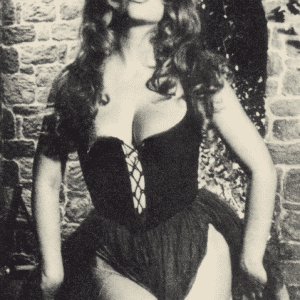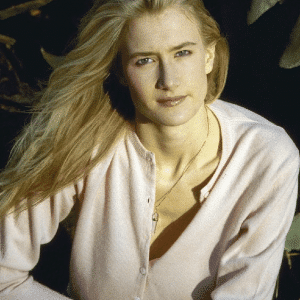Not many athletes can claim to have shattered glass ceilings in not just one—but two male-dominated arenas. Yet Debra Ann Miceli, known to wrestling fans as Madusa and Alundra Blayze, has done exactly that. At 62, she remains a living embodiment of strength, beauty, and reinvention. From tossing a championship belt into a trash can on live TV to dominating the Monster Truck circuit, her story is one of courage, evolution, and unapologetic determination.
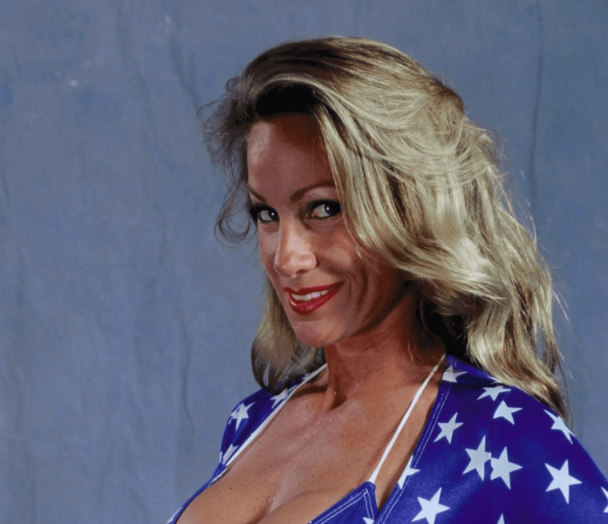
Early Life: From Minnesota Roots to Relentless Ambition
Born on February 9, 1963, in Minneapolis, Minnesota, Debra Ann Miceli grew up with grit and determination running through her veins. Her early years were shaped by hard work and athleticism—qualities that would later define her career. She excelled in gymnastics and track, showcasing natural power and coordination that set her apart even as a teenager.
By 14, she was balancing school and work, taking a job at Arby’s to help support her family. Later, she worked part-time as a nurse while chasing her dreams. These experiences taught her one invaluable lesson: nothing worth having comes easy. That mindset would serve her well as she stepped into the brutal, competitive world of professional wrestling.
Video : Candi DEVINE vs Madusa MICELI, Hot World Title Match
Breaking into Wrestling: The Birth of Madusa
In the mid-1980s, Debra trained under wrestling coach Eddie Sharkey—known for developing top-tier talent. She began her journey on the independent circuit, wrestling for small pay but big dreams. Her ring name, Madusa Miceli—an acronym for “Made in the USA”—quickly became a brand of its own.
In 1987, she captured the AWA World Women’s Championship, defeating Candi Devine and proving she was no undercard act. Her energy, athleticism, and intensity drew fans from around the world. In 1988, she made history as the first woman ever to win Pro Wrestling Illustrated’s Rookie of the Year award, a recognition typically reserved for male competitors.
For Madusa, this was more than a victory—it was validation. She was no gimmick, no side act. She was a serious athlete in an industry that rarely treated women as equals.
Conquering the Global Stage: Alundra Blayze and the Rise to Stardom
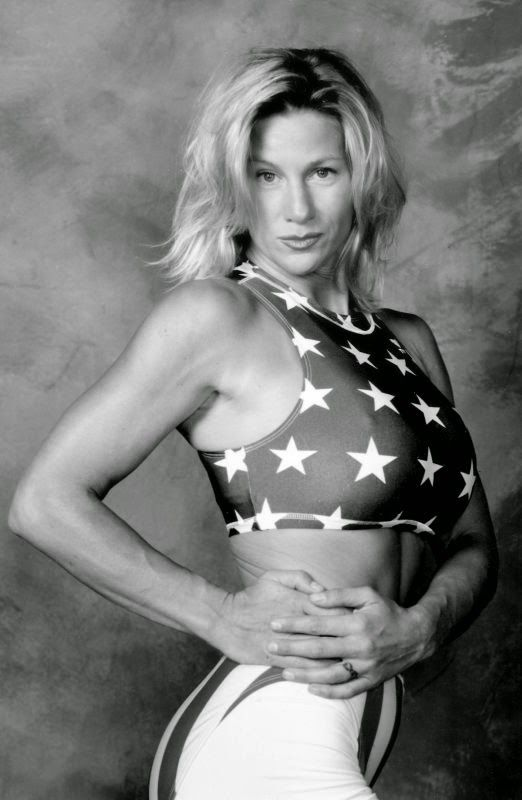
Her success in the U.S. opened doors internationally. She signed with All Japan Women’s Pro-Wrestling, becoming the first non-Japanese woman to earn a full-time contract with the promotion. In Japan, she expanded her combat repertoire by studying Muay Thai and boxing, merging Eastern techniques with her American wrestling foundation.
In 1993, Debra joined the WWF (now WWE) and reinvented herself as Alundra Blayze. Tasked with reviving the women’s division, she became a three-time WWF Women’s Champion, battling legends like Bull Nakano and Bertha Faye. Her matches weren’t just entertainment—they were statements. She showed that women could deliver the same intensity, storytelling, and athleticism as any man in the ring.
The Moment That Shocked the World: The Belt in the Trash Can

Few moments in wrestling history are as iconic—or controversial—as what happened in December 1995. After leaving WWF for WCW, Madusa appeared on Monday Nitro with the WWF Women’s Championship belt. Without hesitation, she threw it into a trash can live on television.
The act sent shockwaves through the industry. It wasn’t just rebellion—it was revolution. That single gesture became a defining moment in the Monday Night Wars between WWF and WCW, symbolizing defiance against outdated systems that sidelined women.
But the move came at a cost. Debra was blacklisted from WWE for nearly two decades. Still, her legacy as a trailblazer was cemented. She wasn’t afraid to burn bridges if it meant making space for progress.
Reinvention on Wheels: The Monster Truck Queen

When most athletes retire, they fade quietly into the background. Debra Ann Miceli did the opposite—she shifted gears and roared into another male-dominated sport: Monster Truck racing. Driving her custom-built truck named Madusa, she became the first woman to win the Monster Jam World Finals Racing Championship in 2005.
Behind the wheel, she was every bit as fierce as she was in the ring. She shattered expectations, competing head-to-head with men and proving that strength isn’t defined by gender. Later, she served as Executive Vice President of the Major League of Monster Trucks, once again turning a passion into a position of leadership.
Recognition, Redemption, and Legacy
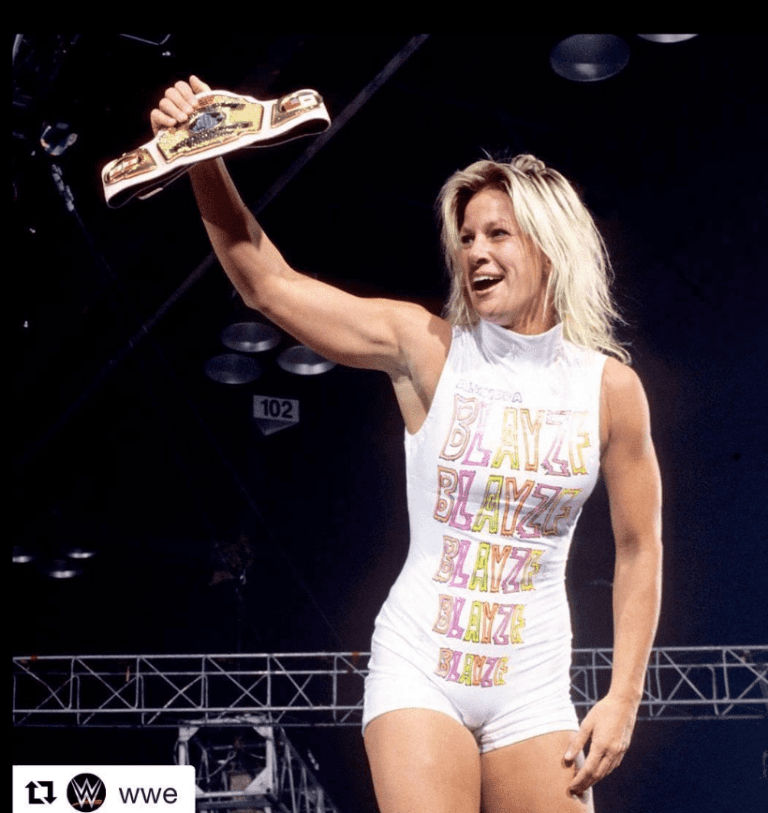
In 2015, WWE finally righted a two-decade wrong by inducting Debra Ann Miceli—aka Alundra Blayze—into the WWE Hall of Fame. During her emotional acceptance speech, she dramatically “rescued” the Women’s Championship belt she had once trashed, turning a symbol of controversy into one of redemption.
Video : Madusa vs. Buffy [Shootfighter II]
Her accolades didn’t stop there. She received the PWI Lifetime Achievement Award in 2020 and was inducted into the Women’s Wrestling Hall of Fame in 2022. Each recognition served as a reminder that her influence reached far beyond championships—it changed the perception of women in sports.
Even today, younger generations of wrestlers and athletes cite her as a role model. Her courage paved the way for today’s “Women’s Revolution” in wrestling and beyond.
Beyond the Spotlight: The Woman Behind the Legend

Away from the roar of engines and the cheers of arenas, Debra Ann Miceli lives a life of fulfillment and purpose. In 2011, she married U.S. Army Sergeant Major Alan Jonason at Elvis Presley’s Graceland Chapel. The two share a love of adventure and service.
She also owns a thriving pet spa and bakery in Florida called Koolkats and Hotdogs, where her compassion for animals shines. In 2023, she released her autobiography, The Woman Who Would Be King: The Madusa Story, offering fans an honest and emotional look at her life—from her struggles to her triumphs. The book reflects the same fiery determination that has defined every chapter of her journey.
Still Fierce at 62: A Living Inspiration
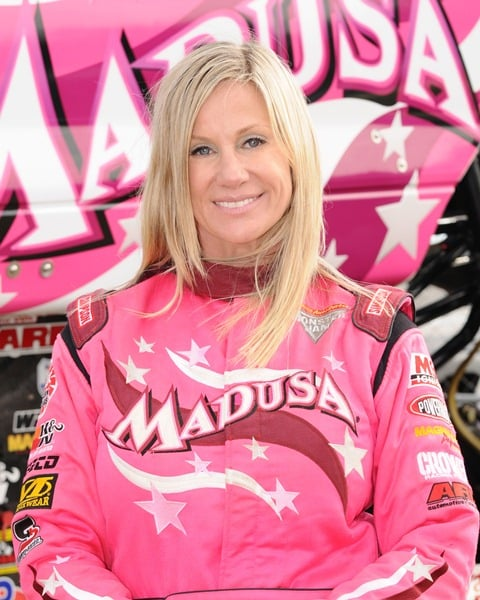
At 62, Debra Ann Miceli remains unstoppable. She continues to work as a producer for the National Wrestling Alliance (NWA), mentoring young talent and empowering women to claim their place in the spotlight. Her presence—both in wrestling and motorsports—reminds fans that true legends don’t fade; they evolve.
Her charisma, strength, and independence continue to inspire women around the world. She’s proof that it’s never too late to reinvent yourself and that passion doesn’t come with an expiration date.
Conclusion: A Legacy of Power and Reinvention

Debra Ann Miceli’s life story reads like an epic—one fueled by fearlessness, resilience, and reinvention. From her early days in Minnesota to wrestling fame as Madusa and Alundra Blayze, from shocking the world on live TV to dominating the Monster Truck circuit, she’s proven that no dream is too wild and no obstacle too big.
At 62, she stands as a symbol of courage and transformation—a woman who dared to rewrite the rules in every arena she entered. Her journey reminds us that true icons aren’t defined by what they achieve once, but by how they keep evolving.
Debra Ann Miceli didn’t just break barriers—she destroyed them, rebuilt them, and drove right through them. And she’s still roaring forward, proving that legends, like engines, never stop running.

